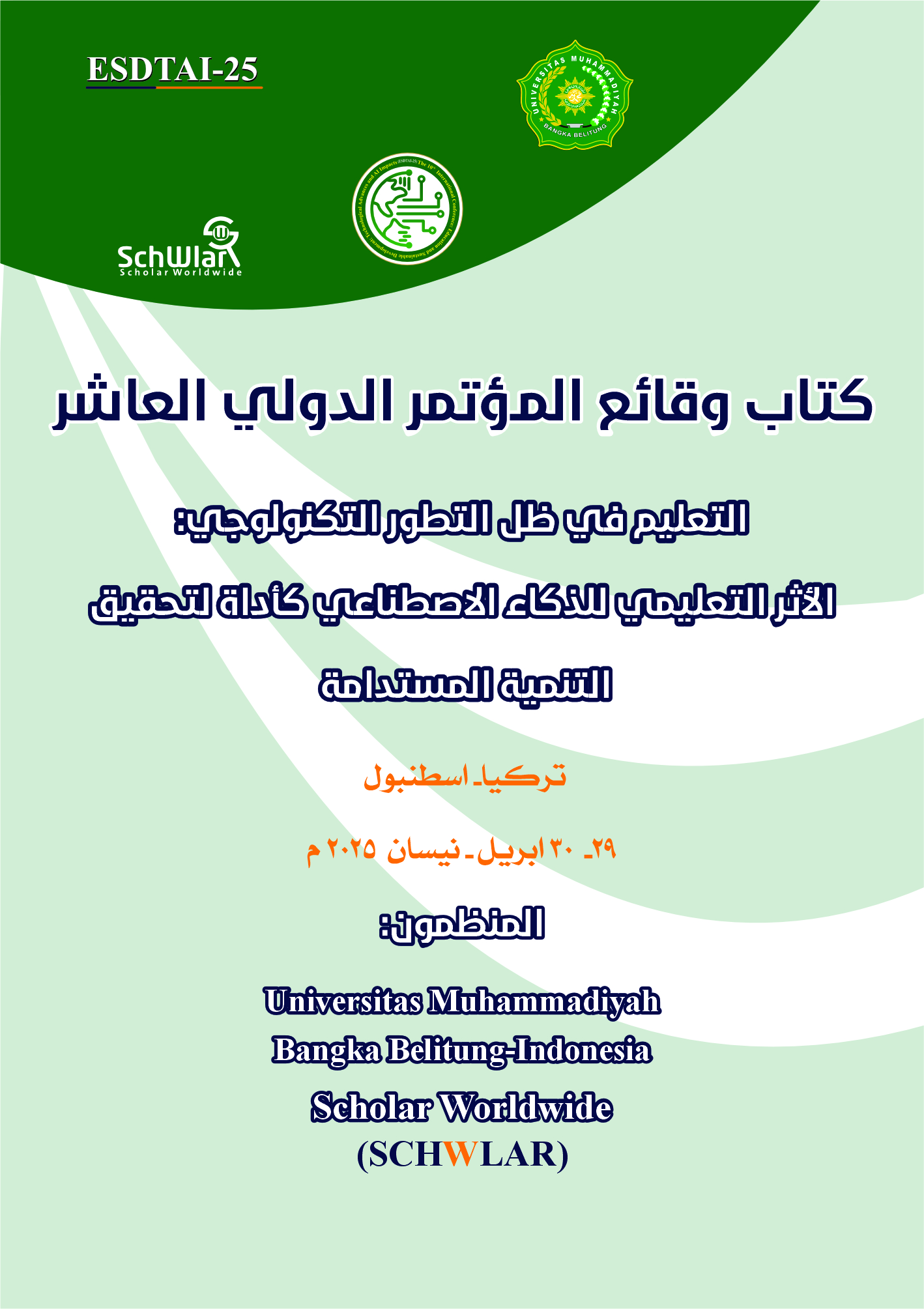The Position of the Gulf Cooperation Council on the War on Terrorism
Main Article Content
Abstract
The events of September 11, 2001, prompted the United States to launch what was known as the war on terror. This war included many aspects, including the economic aspects represented by cutting off funding to terrorist groups and the cultural and social aspects represented by changing the social structure, especially educational patterns in the Middle East region that is still hostile to the West. In addition to the military aspect represented by launching preemptive military and security operations against terrorist cells. The United States sought to form an international coalition to contribute to this war. The Arab Gulf states were at the heart of this coalition for many reasons, as the United States saw them as a source of takfiri groups due to their cultural structure and an important financial supporter of these groups. In addition, most of the terrorist leaders are from these countries, such as Osama bin Laden, Abdul Aziz Al-Muqrin, Saleh Al-Awfi, and others. American diplomacy moved to convince the Arab Gulf states of the necessity of their participation and contribution to this war to avoid American reaction against them in the event of their failure to cooperate with American efforts.
Article Details

This work is licensed under a Creative Commons Attribution 4.0 International License.
